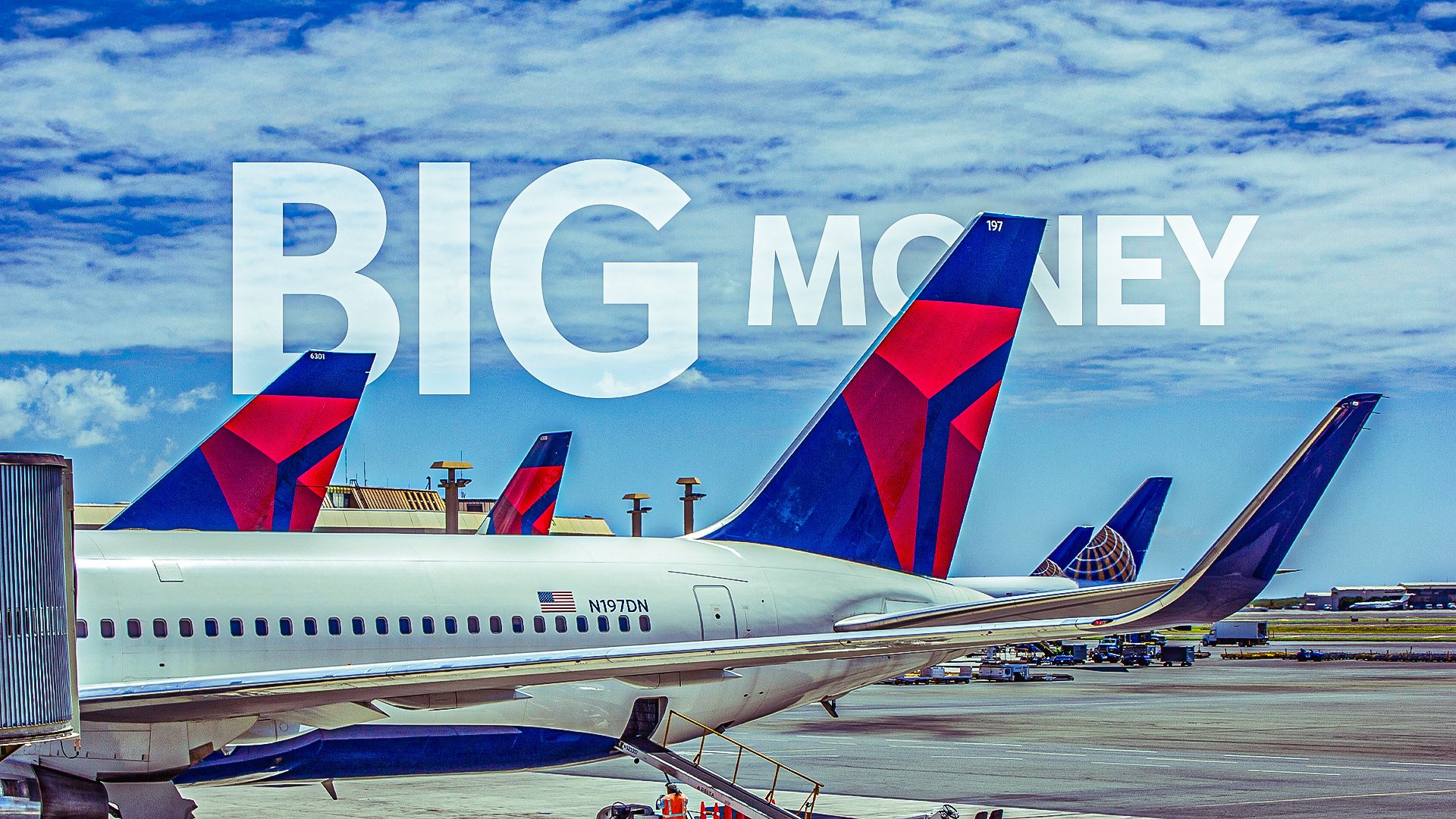World
Airline CEOs See Massive Pay Increases as Pandemic Restrictions Lift

The compensation packages for airline CEOs in the United States have surged dramatically following the lifting of pandemic-related restrictions. As of April 1, 2023, the end of the CARES Act eliminated limitations on executive pay, leading to significant increases in earnings for top executives in the industry. Notably, Scott Kirby, CEO of United Airlines, saw his total compensation rise from $9.8 million in 2022 to an astonishing $33.9 million in 2024, according to data from Aviation A2Z.
This trend in CEO compensation reflects broader industry dynamics. While airlines typically operate on lower profit margins, the executives at these companies are still awarded substantial pay packages, similar to those in higher-margin sectors like entertainment and sports. The shift in pay structure raises questions about the appropriateness of such compensation, especially after airlines received substantial government support during the pandemic.
Compensation Breakdown of Major Airlines
In examining the compensation for CEOs of the four largest U.S. airlines, stark differences emerge. The following table outlines the base salaries, bonuses, and total compensation for 2024:
| Airline | CEO Name | Base Salary | Bonus | Non-Equity Incentive Plan | Stock Awards | Total Compensation |
|———————–|—————-|————-|———|—————————|————–|——————–|
| United Airlines (UA) | Scott Kirby | $1.2M | $3M | $5.1M | $24.4M | $33.9M |
| Delta Air Lines (DL) | Ed Bastian | $1.5M | $3M | $11.6M | $11M | $27.1M |
| American Airlines (AA) | Robert Isom | $1.2M | $2M | $5.4M | $7M | $15.6M |
| Southwest Airlines (WN)| Bob Jordan | $1.2M | $2M | $2.4M | $5M | $10.6M |
The compensation figures reveal that while base salaries and bonuses may appear moderate, the substantial stock awards significantly elevate the total remuneration of these executives. Delta Air Lines and United Airlines particularly benefited from strong stock performance, directly impacting their CEOs’ earnings.
Impact of the CARES Act on Executive Pay
The CARES Act was established in March 2020 to provide financial relief during the pandemic, imposing a cap on executive compensation at $3 million plus additional amounts based on previous earnings. The act aimed to ensure that financial support intended for workforce retention did not disproportionately benefit executive pay. With the restrictions lifted in 2023, there has been a noticeable uptick in compensation for CEOs, which some critics claim is inappropriate given the public funds involved.
According to View From The Wing, Robert Isom‘s notably high compensation in 2023 was an exception, designed to compensate for the lack of raises during the CARES Act period. It is essential to recognize that while airline executives experienced significant financial growth, many frontline employees continued to face economic challenges, raising concerns about income disparity within the industry.
The pay ratios between the CEOs and average employees also highlight this disparity. For instance, Scott Kirby of United Airlines has a compensation ratio of 380-to-1 compared to the average worker, while Ed Bastian of Delta stands at 258-to-1. In contrast, Bob Jordan of Southwest Airlines has a significantly lower ratio of 115.5-to-1, reflecting a more conservative approach to executive pay.
These figures illustrate a broader trend of rising executive earnings in the face of economic recovery. Critics argue that the high compensation awarded to airline executives is disproportionate, especially considering the substantial taxpayer funds allocated to support the industry during the pandemic.
As airlines continue to navigate the post-pandemic landscape, the conversation around executive compensation is likely to remain contentious. Stakeholders from various sectors will be watching closely to see how these companies balance profitability with equitable pay structures.
-

 Science4 weeks ago
Science4 weeks agoALMA Discovers Companion Orbiting Giant Red Star π 1 Gruis
-

 Top Stories2 months ago
Top Stories2 months agoNew ‘Star Trek: Voyager’ Game Demo Released, Players Test Limits
-

 Politics2 months ago
Politics2 months agoSEVENTEEN’s Mingyu Faces Backlash Over Alcohol Incident at Concert
-

 World2 months ago
World2 months agoGlobal Air Forces Ranked by Annual Defense Budgets in 2025
-

 World2 months ago
World2 months agoMass Production of F-35 Fighter Jet Drives Down Costs
-

 World2 months ago
World2 months agoElectrification Challenges Demand Advanced Multiphysics Modeling
-

 Business2 months ago
Business2 months agoGold Investment Surge: Top Mutual Funds and ETF Alternatives
-

 Science2 months ago
Science2 months agoTime Crystals Revolutionize Quantum Computing Potential
-

 Top Stories2 months ago
Top Stories2 months agoDirecTV to Launch AI-Driven Ads with User Likenesses in 2026
-

 Entertainment2 months ago
Entertainment2 months agoFreeport Art Gallery Transforms Waste into Creative Masterpieces
-

 Business2 months ago
Business2 months agoUS Government Denies Coal Lease Bid, Impacting Industry Revival Efforts
-

 Health2 months ago
Health2 months agoGavin Newsom Critiques Trump’s Health and National Guard Plans









